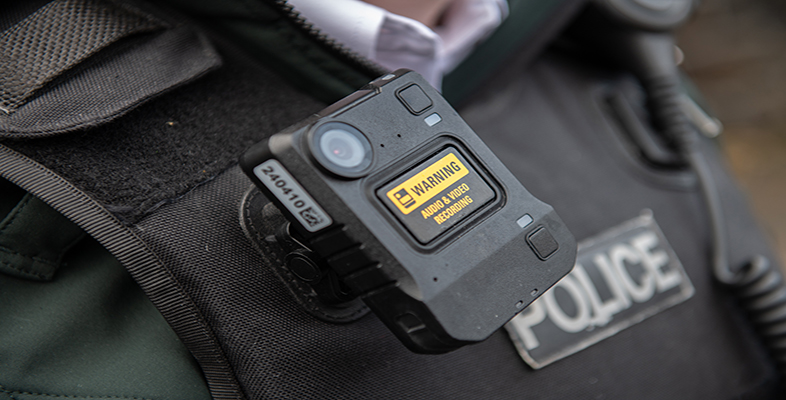5.1 Misconceptions about the idea of evidence-based practice
Several common ‘myths’ and misconceptions have arisen about evidence-based practice which prevent practitioners developing the skills needed to undertake it. Some of the most prevalent are:
- evidence only means quantitative ‘scientific’ evidence
- practitioners should not use their own professional expertise or ‘gut feel’ to make decisions
- evidence is about objective truth and can prove things
- the newest breakthrough studies provide the best evidence
- collecting valid and relevant evidence solves the problem
- if you don’t have evidence, you can’t do anything
- evidence-based practice just means proven techniques or best practices
- experts (e.g. consultants and university professors) know all about the evidence so you just need to ask them.
Perhaps not surprisingly, Moore (2006) also makes the point that if not managed carefully, an excessive focus on evidence-based practice over experience-based knowledge gleaned through qualitative studies can be detrimental to gaining real-world insights.
